Neither Palestinians nor Israelis Will Be Safe Unless All Are Safe
The way out of this nightmare is not through more military assaults and mass atrocities but through insisting on addressing the root causes of this violence.
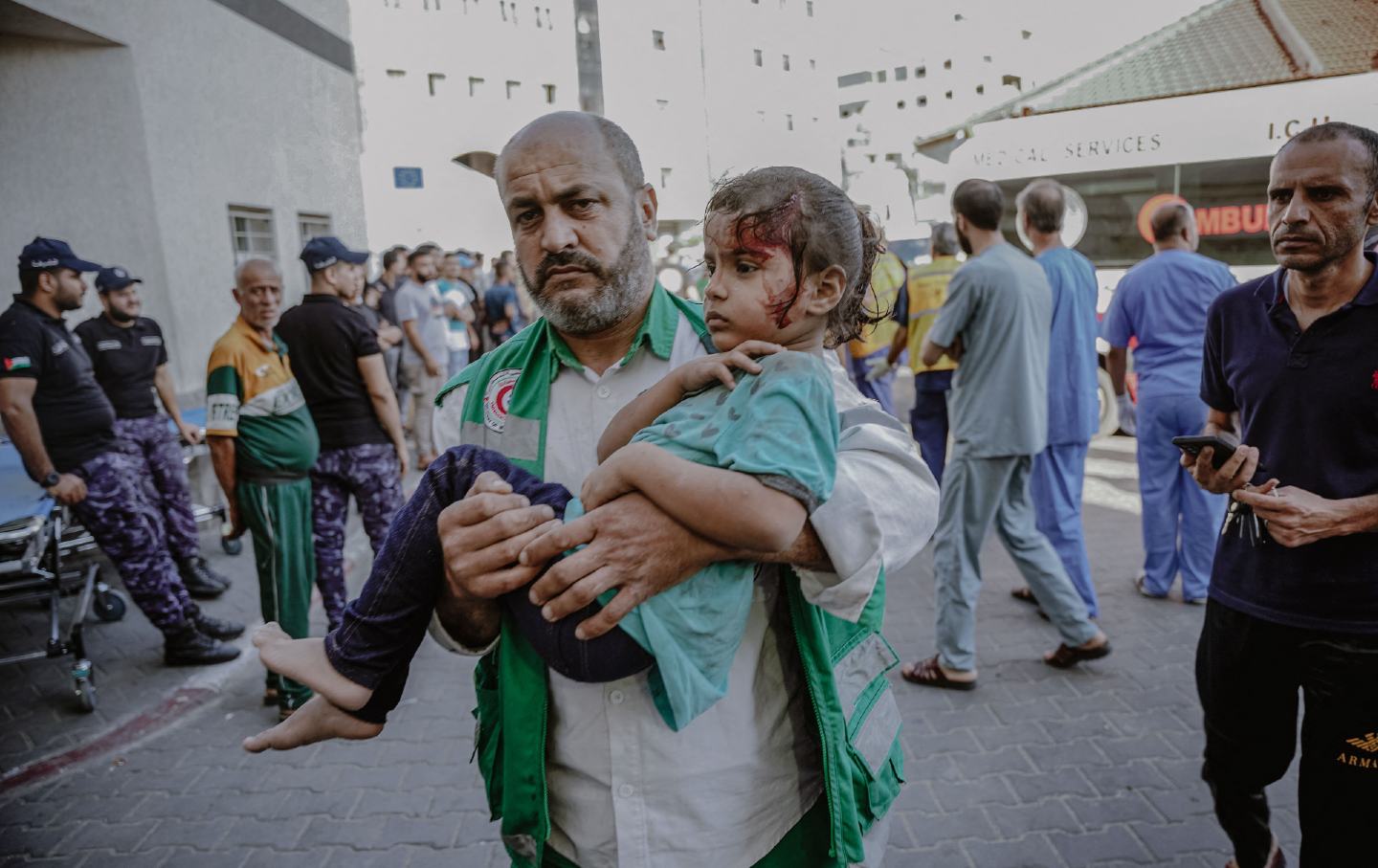
A man cradles a child injured during the bombing of the Gaza Strip.
(Saher Alghorra / Middle East Images / AFP via Getty Images)The unfolding catastrophe in Palestine/Israel grows increasingly horrific as details about the gruesome weekend attacks continually come to light, and as the Israeli government, backed and armed by the United States, uses Islamophobic “war on terror” rhetoric to justify a genocidal campaign of collective punishment, mass displacement, and destruction against one of the most vulnerable populations on the planet: the people of Gaza. We can and must reject all of these things and proceed differently for the future of all of us—Palestinians and Israelis.
As a Palestinian Israeli American and human rights lawyer, I know the larger context of the current violence is essential. It is not senseless religious hatred, as “war on terror” stories pretend. I also know that any response to violence must start by rejecting the killing of noncombatants and affirming the need to protect humanity—especially in the darkest times. Some initially felt victorious that Hamas fighters broke through the walls of the punishing Gaza prison until the attack’s horrors came to light. Now, Israel is using this unprecedented attack and “war on terror” narratives to distort Palestinians’ fight for liberation, to further Islamophobia, and to commit mass atrocities with impunity. There is no rejoicing.
Israel’s decontextualizing “war on terror” story equates Hamas with Daesh (ISIS), depicting Hamas as bloodthirsty religious fanatics driven by unending, irrational tribal hatred. The first sparks of this narrative about Palestinians were lit decades ago, before ISIS existed, and Israel and other global leaders have fueled it into a full blaze that burns worldwide against any Muslim or Arab movements for freedom from oppression. Indeed, we are seeing the global fires relit right now. Palestinians have the right to resist Israel’s brutal decades-long military occupation, apartheid, and settler-colonialism, including the inhumane 17-year blockade on Gaza. And yet, redlines must protect civilians and those not directly participating in hostilities or committing violence. Israel’s systematic and horrific war crimes and crimes against humanity do not justify Palestinian fighters’ intentional attacks on nonviolent noncombatants. Period.
Yes, all people struggling against colonial forces and military invasions would fight to resist their own erasure—even gaining legitimacy in doing so, as most recently with Ukraine. And yes, there’s long been an unjust Palestine exception to this rule. Still, Palestinians cannot be free if we adopt the barbarity and the brutality of our oppressors.
Clearly, Hamas wanted to capture Israeli soldiers or citizens to trade for the thousands of Palestinian political prisoners in Israeli jails. However, Israeli policies of “administrative detention” (imprisoning Palestinians without charge or trial) and subjecting prisoners, including women and children, to torture and military trials) shouldn’t justify Hamas fighters’ taking Israeli and foreign civilians as hostages. Civilian captives must be released, and captured Israeli soldiers must be treated as prisoners of war, afforded the humane treatment denied to thousands of Palestinians who suffer from cruel treatment, sham trials, and other violations, including barred family visitation and parole. Equally fundamental: Israel cannot be allowed to starve, displace, and kill millions to get those hostages back. These principles, and recognition of the recent violence’s larger context are crucial.
Palestinians have always called for international protection and recognition of their human rights to life, safety, self-determination, freedom of movement, and freedom from collective punishment—all of which Israel’s government has continuously denied, regardless of the party in power. Israeli leaders have portrayed the Palestinian struggle as an illegitimate security and terrorism threat that must be eliminated—even when Palestinians resort to nonviolent forms of civil disobedience like boycotts, strikes, and protests. When Gazans protested and marched largely peacefully for weeks in 2018 to assert their right of return, for example, more than 200 were shot and killed by Israeli snipers and thousands more injured, many maimed and left with long-term disabilities. So where are we now?
While decrying war crimes, Israel has dropped over 6,000 bombs on civilians and civilian infrastructure this week, leveling family homes, schools, and hospitals, and threatening to bomb any delivery of aid to those who have been living for nearly a week without supplies of water, food, electricity, medicine, and other supplies. We must be clear: Israel controls all movement in and out of the Gaza Strip. It is partly responsible for the welfare and safety of the Palestinian civilian population. And the Israeli government is systematically starving and bombing them while blocking all ability to escape.
Currently, the Israeli government is marshaling troops for a ground incursion into Gaza. Responding to international pressure, including President Biden and Antony Blinken’s call to respect the laws of war (a call that accompanied a massive deployment of US military aid to Israel, with no restrictions on use), Israel has urged the 1 million inhabitants of northern Gaza to evacuate within 24 hours before troops roll in. Not only is such an evacuation (to where?) logistically impossible, but it creates other humanitarian catastrophes, including the forced movement of thousands of injured victims in the hospitals still operating. Even more, as the United Nations responded unequivocally, such “forced transfer” constitutes another war crime and echoes the mass displacement of Palestinians from their lands over and over and over again.
In the meantime, though Israeli denies this, evidence clearly shows that Israel is bombing Gaza with the banned weapon white phosphorus. The Israeli military routinely uses this weapon and routinely denies it. The laws of war are not being broken; they are being shredded. The Biden administration may want to avoid complicity and potential legal responsibility with its public statements, but it is equipping, not stopping, the catastrophic and criminal assault on Gaza.
Continuing war—especially a ground war—to destroy Hamas and its military capacity in the densely populated Gaza Strip will most certainly lead to even more horrific war crimes and other mass atrocities. Israel’s “unity” government’s retaliatory war under disingenuous and false “war on terror” justifications—wrong in both its analysis and proposed solution—will only have catastrophic outcomes, of a kind not seen since the 1948 and 1967 wars. Hamas did not emerge out of age-old religious hatred; it is an organization with political and military branches that emerged and gained support over the last 40 years as an alternative to the Palestine Liberation Organization (PLO), which Israel effectively eliminated as a meaningful representative of Palestinians through the 1993–95 Oslo Accords. The PLO—really, now, the Palestinian Authority (PA) in the West Bank—failed to achieve liberation and freedom over the last 30 years of international diplomacy, with the PA perceived as stuck in a never-ending “peace process” that has only brought more illegal settlement-land-grabs and normalized Israel’s oppressive occupation and apartheid policies.
Israel’s indiscriminate military solution means not only targeting the political and military arms of Hamas but also hundreds of thousands of Palestinians who feel that there is no one else to protect or fight for them against Israeli aggression and daily oppression. Not all Gazans agree with Hamas, of course, nor have they had other real support through decades of colonization, deprivation, and collective punishment.
Further, Hamas will likely not surrender under Israel’s indiscriminate war, and hostilities could expand to include external entities like Hezbollah. Even if Hamas’s military capability is decimated and its leadership eliminated, resistance to Israel’s long-standing brutal policies will reemerge (worse, groups like ISIS could try to fill the void). We saw this in the early 1990s, when Israeli Prime Minister Yitzhak Rabin deported 415 Palestinians—mostly Hamas activists and leaders—to Lebanon. His attempt to quash Hamas backfired, and Hamas became more powerful.
Popular
“swipe left below to view more authors”Swipe →For real and just peace, global leaders must stop treating Palestinians’ liberation struggle as a security threat to quash militarily or through “counterterrorism” and must recognize Palestinians’ legitimate rights and take action to end Israel’s system of oppression and domination. Seventy-five years of state violence and subjugation are at the core of the current catastrophic situation. Peoples and their governments around the world must reject this weekend’s violence against civilians, reject facile justifications for more violence, and contextualize the suffering with the goal of repairing harm and creating the conditions of secure and safe realities for everyone living in historic Palestine. This means dismantling all forms of state and nonstate violence and oppression, including settler colonial structures, laws, policies, and the culture of impunity.
Neither Palestinians nor Israelis are safe unless all are safe. The way out is not to falsely blame irrational religious hatred and support further atrocities (military or otherwise), but to insist on addressing the root causes of this violence and ensure that living peacefully with dignity, equality, and freedom is possible from the river to the sea.
More from The Nation
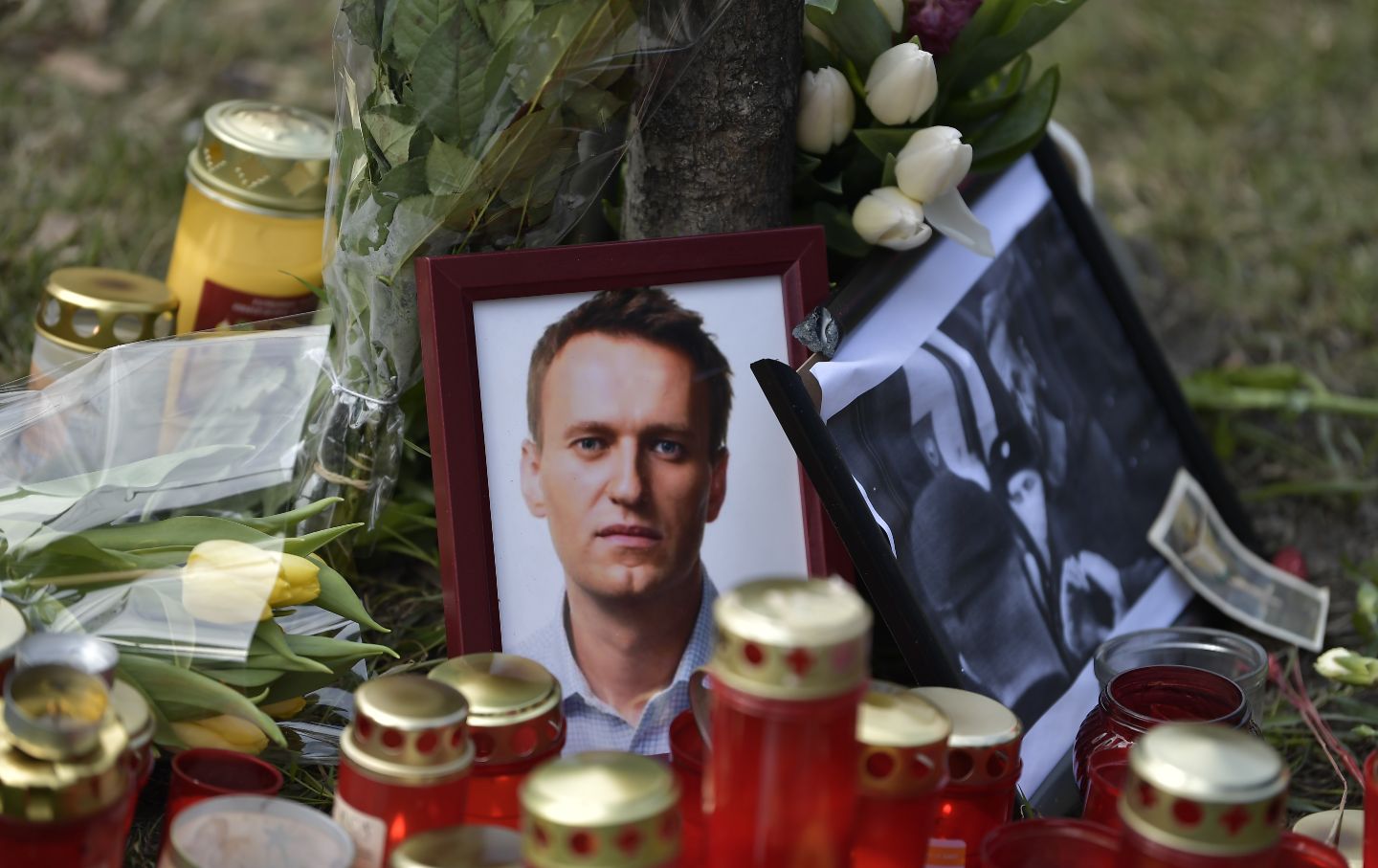
A New Report on Alexey Navalny’s Death A New Report on Alexey Navalny’s Death
Boris Kagarlitsky and hundreds of unknown political prisoners remain in Russia’s prisons.
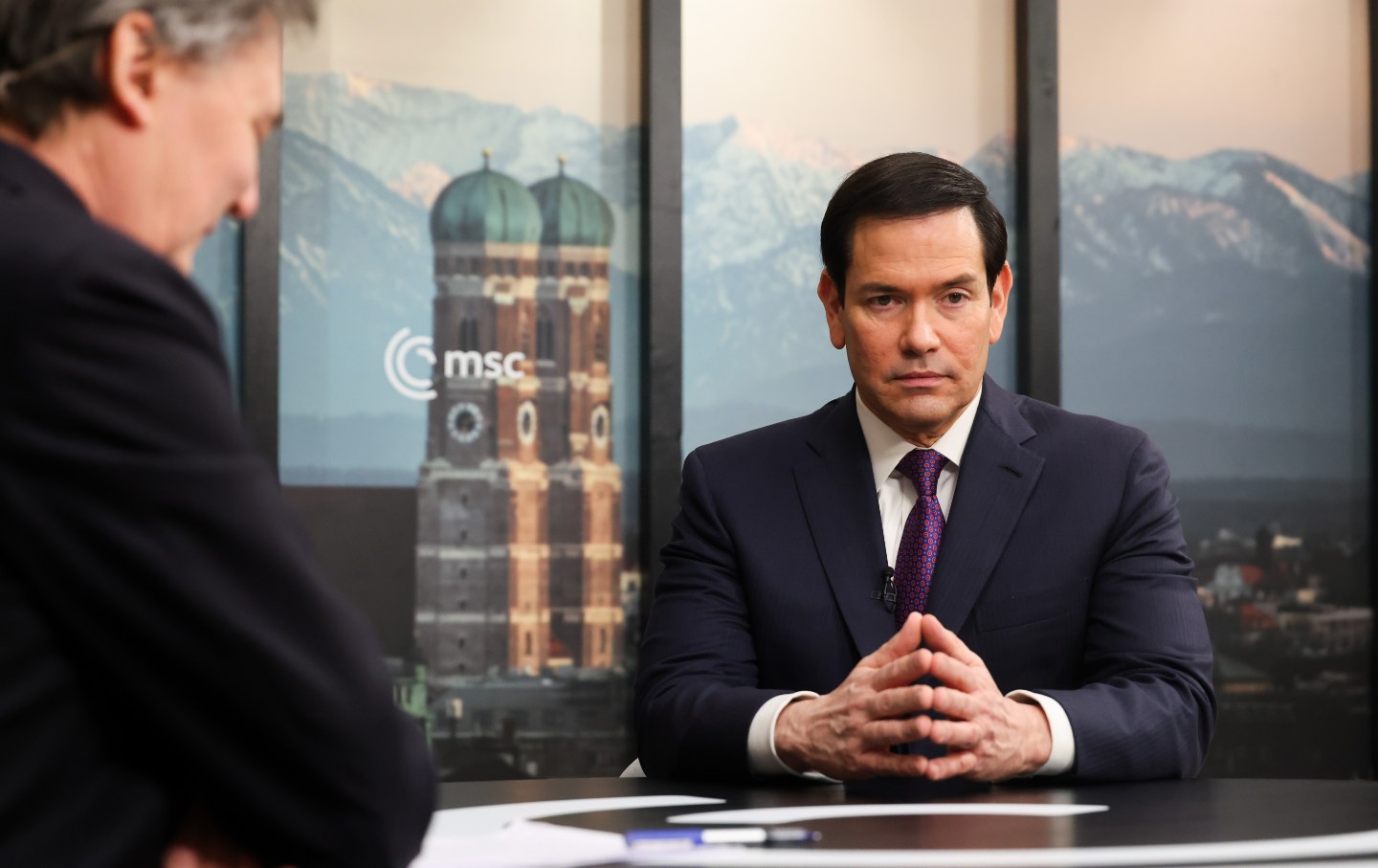
Rubio, Rodeo, and Tall Tales of Empire Rubio, Rodeo, and Tall Tales of Empire
The secretary of state has provoked the ire of Britain’s first black woman lawmaker and put the spotlight once again on how the US has historically treated people of his own herit...
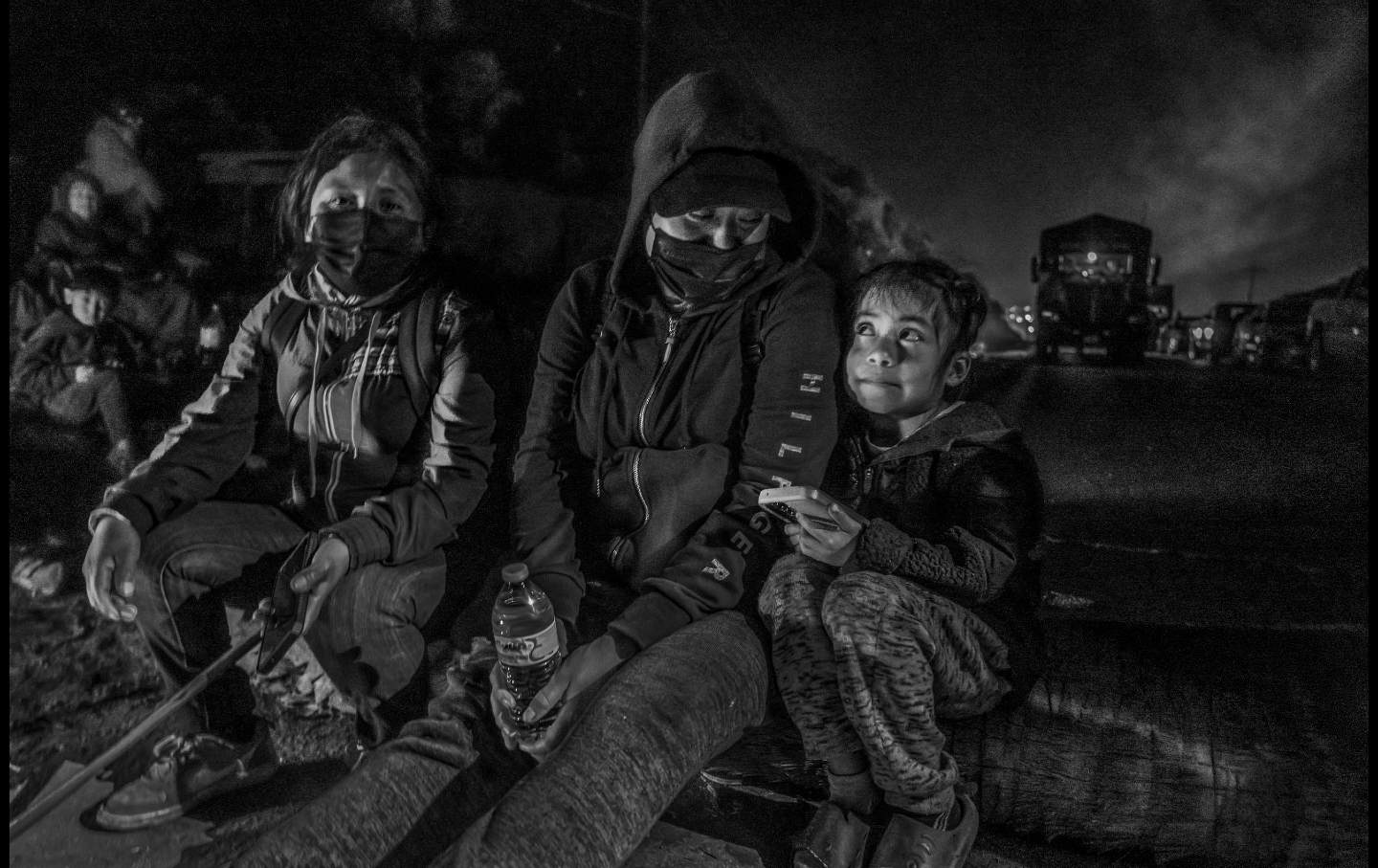
Mexican President Claudia Sheinbaum and the San Quintín Justice Plan Mexican President Claudia Sheinbaum and the San Quintín Justice Plan
Field workers’ highway blockades send a warning to Mexico’s president.
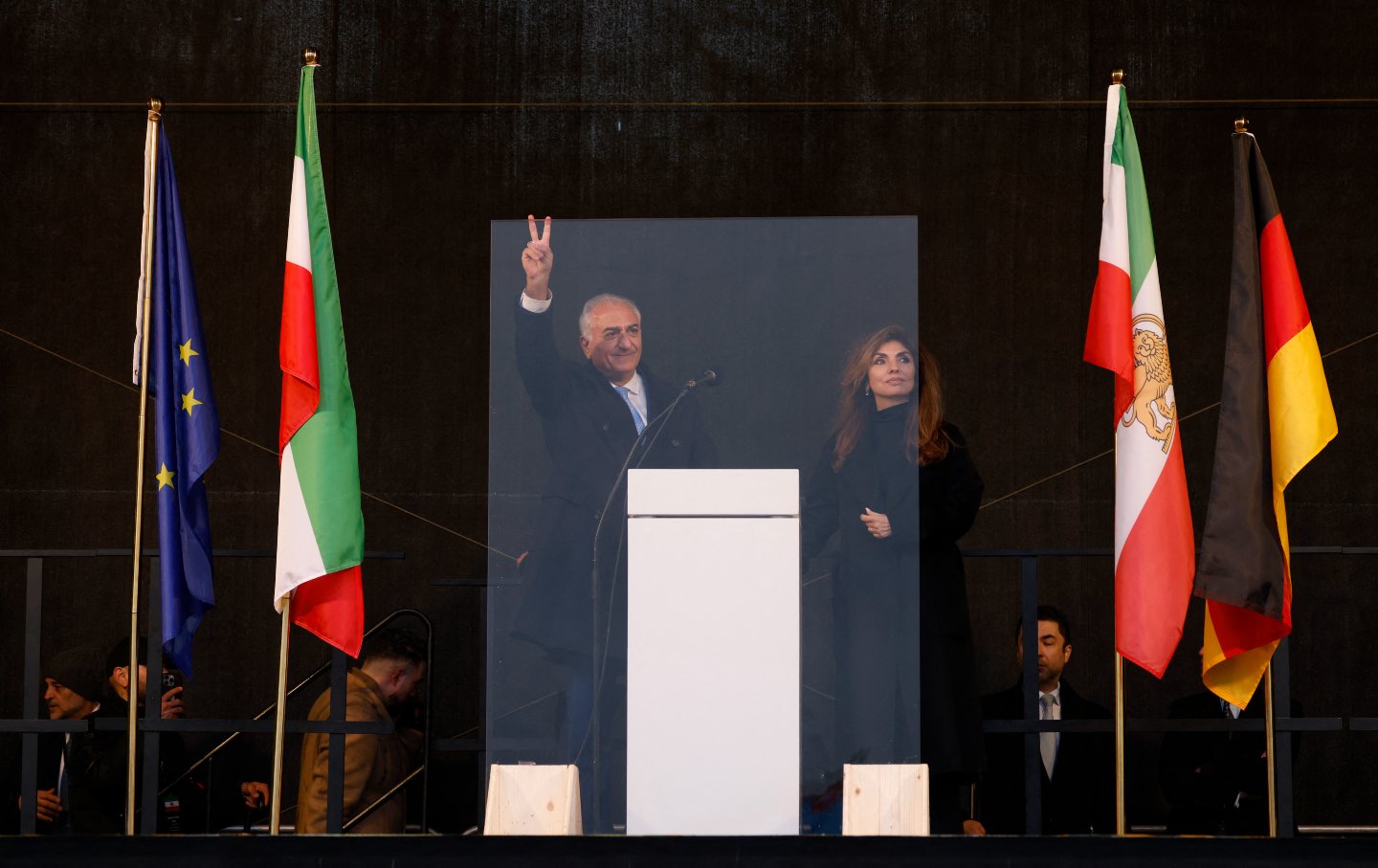
Inside the Iran War Industry Inside the Iran War Industry
Using an old playbook with powerful new tools, it may be closer than ever to turning a US–Iran war into reality.
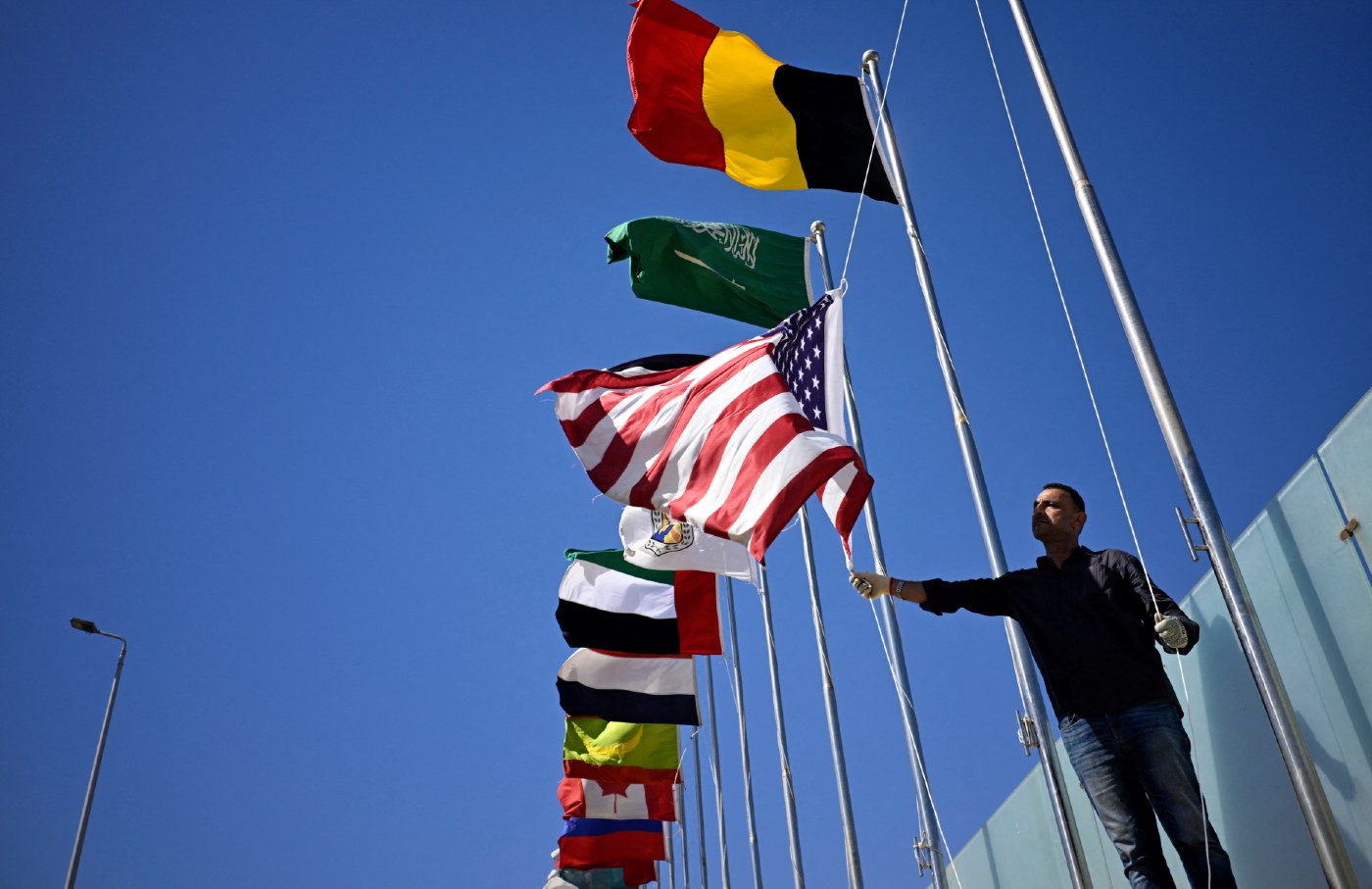
The Cost of US Withdrawal From 66 International Organizations, Conventions, and Treaties The Cost of US Withdrawal From 66 International Organizations, Conventions, and Treaties
How going it alone reduces our own sovereignty.

The Munich Security Conference Marks the End of the US-Led Order The Munich Security Conference Marks the End of the US-Led Order
US politicians flooded the summit—but Europe no longer sees the United States as a reliable partner.


